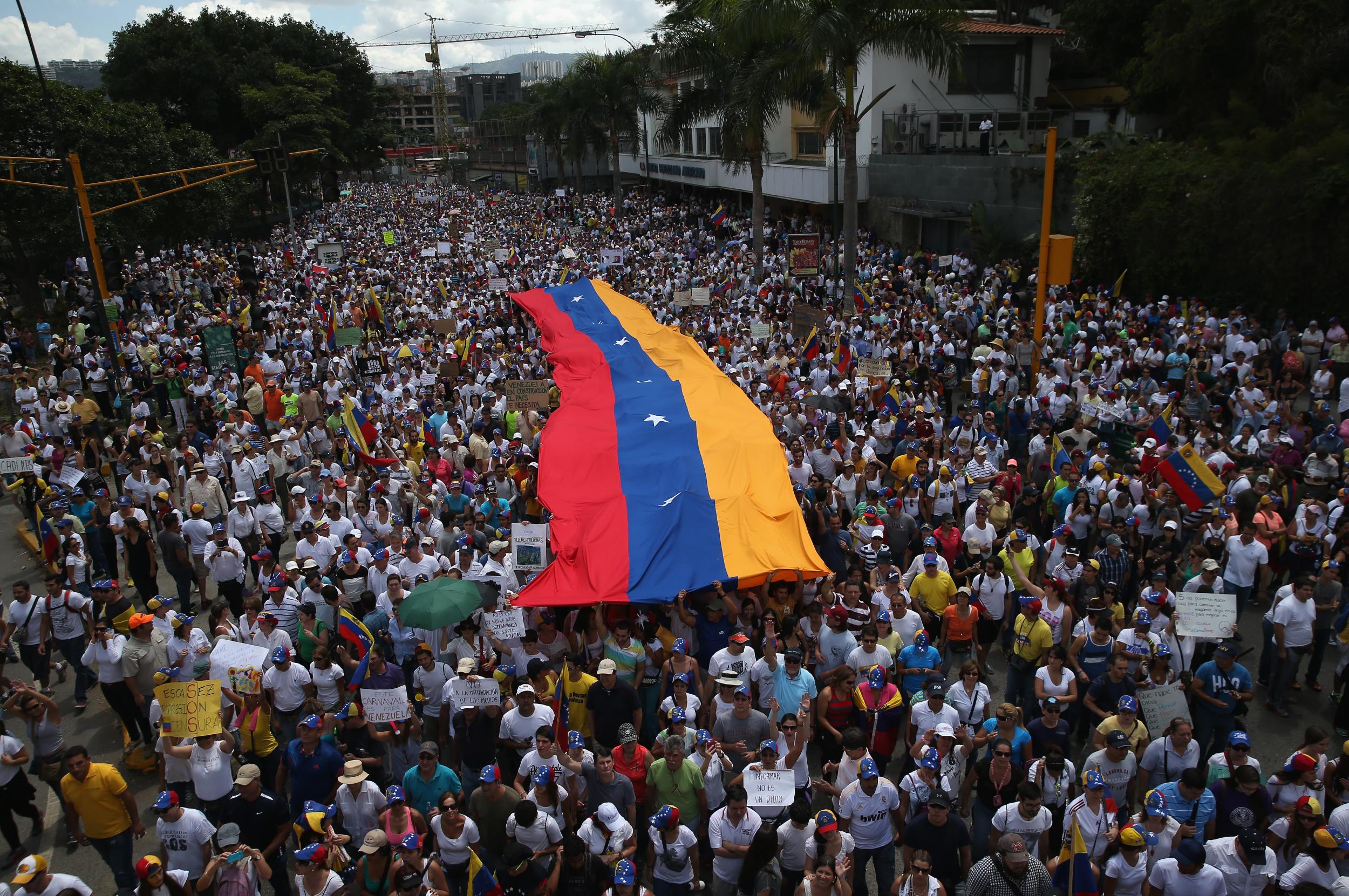Venezuela rated least safe country in the world for second year in a row
Latin American country virtually tied with Afghanistan in security rankings

Your support helps us to tell the story
From reproductive rights to climate change to Big Tech, The Independent is on the ground when the story is developing. Whether it's investigating the financials of Elon Musk's pro-Trump PAC or producing our latest documentary, 'The A Word', which shines a light on the American women fighting for reproductive rights, we know how important it is to parse out the facts from the messaging.
At such a critical moment in US history, we need reporters on the ground. Your donation allows us to keep sending journalists to speak to both sides of the story.
The Independent is trusted by Americans across the entire political spectrum. And unlike many other quality news outlets, we choose not to lock Americans out of our reporting and analysis with paywalls. We believe quality journalism should be available to everyone, paid for by those who can afford it.
Your support makes all the difference.Venezuela has been named the least secure country in the world for the second year in a row, as the once-prosperous country struggles to recover from the worst economic crisis in its history.
The Latin American nation scored the lowest on measures of security – and highest on measures of crime – of all 142 countries surveyed in the 2017 Gallup report on global law and order. The ranking put it just under war-torn Afghanistan, making it the least-safe country for two years straight.
Venezuelans were more likely to say they had been robbed in the last year than residents of any other country besides Afghanistan, South Sudan, and Uganda, according to Gallup. They were also significantly less likely to express confidence in the police, and to feel safe walking home at night, than the world on average.
Crimes rates increased in Venezuela over the last year, according to the report. In 2016, 38 per cent of residents said they had property or money stolen in the last year – a record high. In 2017, more than 40 per cent of Venezuelans said as much.
The increase in theft is likely due to the shortage of food, medicine, and other basic supplies ravaging the country during its economic crisis, said Jason Marczak, director of the Adrienne Arsht Latin America Center.
“The extent of the economic crisis has contributed to an environment in which it is every person for themselves,” Mr Marczak told The Independent. “...Part of this is the lack of availability of basic goods to survive on a daily basis.”
The economic crisis started around 2012, when the price of oil – Venezuela’s main export – dropped significantly. The government was forced to cut back on popular public programmes, and inflation began to soar. The country’s inflation rate is now the highest in the world.
The crisis has contributed to a lower sense of security overall. According to Gallup, less than a quarter of Venezuelans expressed confidence in the police in 2017, while just 17 per cent residents said they felt safe walking alone at night.
Mr Marczack said he wasn’t surprised by the low level of trust in police. Many residents blame the government for the current economic crisis, he said, creating a lack of trust in government institutions in general.
He added that policing in many areas of the country had effectively been turned over to criminal gangs.
“It’s an environment of lawlessness and many parts of the country,” he said.
But Venezuela was not the only country in the region to report problems with security. Latin America was home to five of the 10 countries where people were least likely to feel safe walking home alone at night, according to Gallup. Nearly half of the countries where less than half of the population expressed confidence in their local police were in Latin America.
The rankings were determined by in-person and telephone interviews with approximately 1,000 subjects in all 142 countries and areas. The top countries on the list included Singapore, Norway, Iceland and Finland.
Join our commenting forum
Join thought-provoking conversations, follow other Independent readers and see their replies
Comments